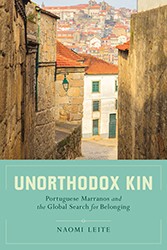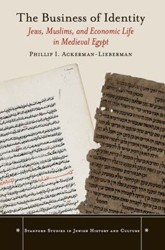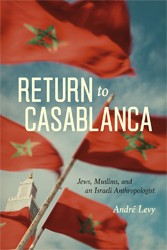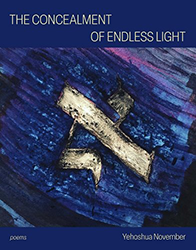The experiences of the forcibly converted Iberian Jews in the Middle Ages and early modern times have been the subject of numerous works. Yirmiyahu Yovel, a professor of philosophy at the New School for Social Research and chair of the Jerusalem Spinoza Institute, suggests that his intention is to summarize previous research. This he does thoroughly in the book, in his notes, and in an ample ‘works cited’ section. He follows Jews and Marranos from their ancient history in Sepharad through violent periods of conversion, assimilation, and persecution at the hands of the Inquisition into a worldwide dispersion. Along the way, Yovel explores related realms of philosophy, psychology, sociology, politics, economics, and literature, as well as religion and history.
In his account, Yovel explains the groundbreaking evaluation of non-Jewish historian Americo Castro, who claimed the Marranos as an integral part of Iberian culture. Yovel notes the opposing views among Jewish historians regarding the Jewish loyalty of the converts. Yitzhak Baer praised their steadfastness; Benzion Netanyahu saw them as turncoats and enemies. Yovel stresses the complexity of Marrano existence and the results of unique experience and toys with the theory of this group as “potential Jews.” The author describes the practices of Marranos who sought to retain their Judaism. They were without teachers and books and isolated from living Jewish communities after the expulsions. As a result, various quasi-Judaisms and quasi-Christian forms developed.
The author credits the Marranos — and the Jews before them — with supplying energy and innovation to a feudal, moribund Iberia, which valued honor and prestige more than individual achievement. He stresses literary contributions probably inspired by Marranism, especially the picaresque novel and poetry. This thick volume includes excerpts and literary criticism. Don Quixote is considered at length by the author as a Marrano product.
This work concentrates closely on a certain segment of Marrano society. These individuals, torn between the demands of Judaism and Christianity, between church and synagogue, eventually rejected all revealed religions and adopted a secular approach. Multidimensional in their interests, the Marranos have been called the first moderns by many others besides Yovel. Spinoza and his circle in Amsterdam were just such individuals. On a positive note, Yovel believes that the Marranos were the models for Jewish emancipation. However, he defines the modern anti-Semitism which they encountered as the type that culminated in the Holocaust and continues to threaten Jews today.
Impressive and detailed, The Other Within will nevertheless leave many questions unanswered for new generations intrigued by its subject. Some may be annoyed by the interchangeable use of the terms Marranos, New Christians, and Conversos and by the use of BCE and AD. Appendix, index, notes.





